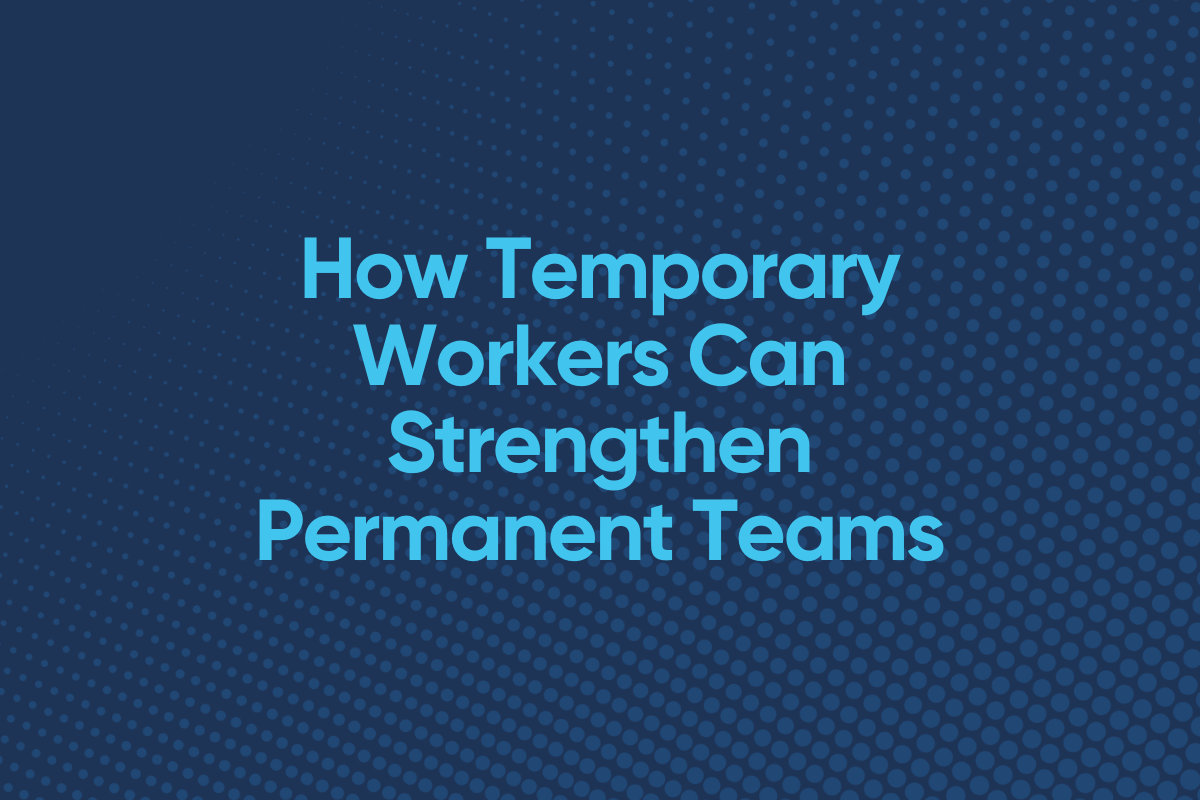

Andy's Monthly Blogs, BB News, Industry Insight

I suspect this question is aimed at our own industry, which came into this year off the back of unprecedented levels of activity in the UK as the labour market bounced back strongly post-pandemic. 2023 has been a much more complicated year for our industry, with some markets continuing to perform extremely strongly while others have found the going much tougher. This inconsistency in market performance is not unusual, and in any period, you will always have winners and losers.
Unemployment in the UK is still at levels that are extremely low comparatively, and whist recent job/employment data from the ONS/REC & KPMG show tightening in the market we still have vacancy rates that are higher than pre-pandemic. This however is only some of the story and if you dig deeper you will find some sectors and functions performing well where others are not. Many businesses built up significant debt over the last 10 years as it was cheap and available to almost all. With higher interest rates this has made it much harder to service this debt using up working capital and reducing funds for investment. This however creates opportunity for competitors who are not leveraged to invest, grow, and take market share.
On the ground, that means suppliers with the right relationships or who are nimble enough to react to these market conditions will also continue to thrive as they support these growing organisations.
You can replicate this example across many aspects of companies’ performance and growth trajectory: strength of balance sheets, leveraged nature of businesses, structure of cost base (materials, salaries, etc), nature of supply chain (raw material cost, international/domestic), timing of capital investment projects, payroll costs (wage inflation, minimum wage changes. The list goes on.
We have also seen similar complexities driving activity in the candidate community where the cost of living, higher interest rates, government immigration policy, international mobility, and confidence in the economy are just some of the things influencing behaviours and patterns here.
In summary, this makes the labour market here in the UK very complicated and for our industry one that needs experience, resilience and tenacity to thrive in. Done at its best, recruitment is not a transaction but instead should be a genuine partnership with both candidates and clients, working closely with all parties to provide real value. This comes through investing in relationships, committing time to developing a true understanding of needs, providing honest and insightful advice based on quantifiable data, listening a lot, and consulting, not transacting.
Consultants that provide this (and many do) are thriving at the moment; they can differentiate themselves from their competitors, grow their businesses organically through taking market share and provide real value to their clients and candidates.
The complexity of the market shows no immediate sign of changing, so continuing to embrace these challenges is imperative. Resilience, tenacity, and investing in relationships – nothing new there for our industry but core skills in every market.